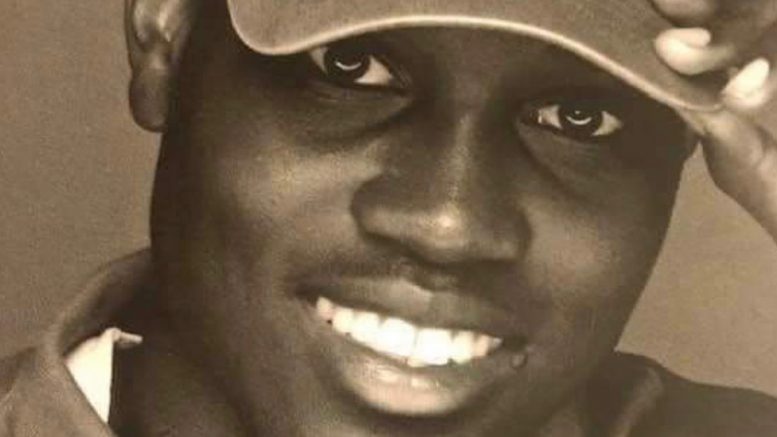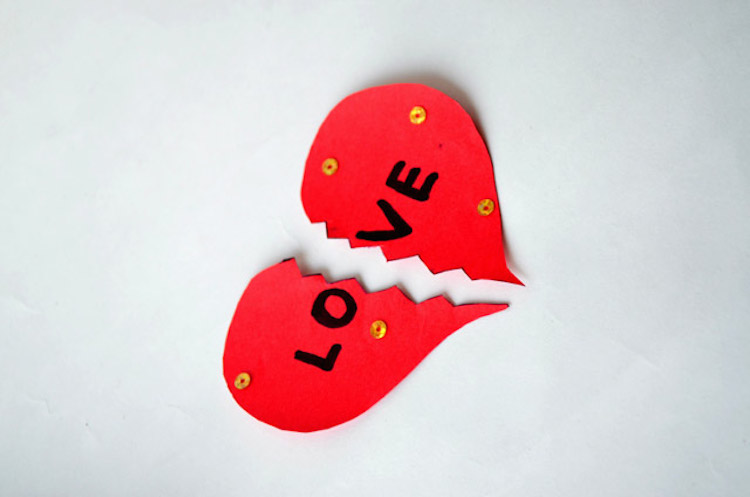Frederic Aurelien/Staff Writer
Yesterday, I went running. For answers? Maybe. To find control? Perhaps. If I told you that it was simply to maintain my health then I would be withholding a huge chunk of truth from you that is imperative to the sincerity of this story. To those of you who are currently reading this article and are not black, I hope this can reach you.
I run to escape. I run to release myself from myself, and on occasion to release myself from you. I imagine the same is for many of us who exercise, paint, dance, draw, write or run. I imagine the same was for Ahmaud Arbery, who ran to his death on February 23, 2020.
America witnessed, firsthand, a modern-day lynching.
When the initial video of Ahmaud’s death went viral, America witnessed, firsthand, a modern-day lynching. A black man was targeted, hunted, cornered and gunned down like an animal for the unforgivable crime of resembling a burglar.
Then on May 11, new footage surfaced of Ahmaud walking into a home that was under construction prior to his death. This has begun to raise skepticism, giving some enough reason to believe that his death was an unfortunate consequence of his own doing. I must vehemently disagree with such a grotesque, exploitative and victim-blaming method of reasoning.
Ahmaud walked into a home that was under construction—that is true—but the facts still remain. The footage reveals that he did not take a single thing from the premise. Ahmaud had no weapon, no mask to conceal his identity, no getaway car to escape in and no items in his hands that would suggest that he had just robbed a home.
In fact, the video clearly shows that moments before his death, he was wearing a pair of sneakers, shorts and a white t-shirt in broad daylight. Using the defense that he “resembled a burglar” to justify his killing is more than insulting—it is absurd.
The truth is, the same reasons Ahmaud was executed in South Georgia on February 23rd, 2020 were the same reasons that Trayvon Martin was murdered right here in Florida, on February 26, 2012: racism and power.
I do not make this comparison for the sake of controversy. When we look into detail, we find that these two stories share many parallels. For one, both Ahmaud and Trayvon were black men that were wrongfully accused as burglars by their murderers.
Secondly, both Ahmaud and Trayvon were murdered by self-righteous vigilantes that had family connections to the law. Travis McMichael (Ahmaud’s killer)’s father served in law enforcement for 30 years and George Zimmerman (Trayvon’s killer)’s father served as a magistrate judge for the state of Virginia.
Last but definitely not least, both Ahmaud and Trayvon were unarmed and defenseless against their killers at the time of their murder.
American Writer Mark Twain once said, “history doesn’t always repeat itself, but it often rhymes.” How true this cold statement rings today is maddening.
We cannot afford to go back to the way things were.
Despite all of the similarities these two cases share, the most important difference between them is that after Trayvon’s case sparked national outrage—the acquittal of his murderer gave birth to the Black Lives Matter movement. This civil rights group has further propelled social change for black and brown people in every part of our country through continued activism, advocacy and organizing.
In the case of Ahmaud however, the nation’s disapproval has been triggered amidst a global health crisis that has shattered multiple economies around the world. Constant updates of COVID-19 deaths and state reopenings continue to flood media outlets and weaken the possibility of a powerful movement gaining massive awareness and support in the case that Ahmaud’s murderers are found not guilty.
There’s really no telling how the trial of Ahmaud Arbery’s killers will end up, but prior experience has shown us that audio and even video proof of an unjustified murder of a black man is not always enough to prove a white person guilty in the court of law.
Earlier, I told you that I went running. I should’ve mentioned that in anger and frustration I avoided making eye contact with every white face passing by. I should’ve mentioned that on this jog, I was even more alert of every pick-up truck, police car and “Trump 2020” banner in my community, knowing very well that the same fate that befell Ahmaud, could be my own.
I know this because I know that somewhere in America there is always another Ahmaud story. The only reason this particular case managed to get national recognition is due to the fact that there was a visual recording of the actual murder, but not everyone is so lucky.
On March 13, Breonna Taylor, a black EMT worker was killed in her own home as police raided her residence and shot her eight times while she slept. On May 1, Doug Lewis, an unarmed black delivery driver, was followed and killed by a 24-year-old white man who suspected him to be a “gang member.” Both of these murders occurred during the coronavirus pandemic, and both victims were employed as “essential workers.”
If this has shown us anything, it’s that we cannot afford to go back to the way things were. As people of different colors and backgrounds, we may not share the same struggles, but we do share the same country and the same humanity. When the effects of this virus subside, we cannot afford to lose our sense of outrage. We can’t afford to move on.
In the chance that Ahmaud’s murderers are judged to be innocent men, there will be conflict and struggle. Movements will rise to oppose the status quo, which allows such injustices to go unpunished. At that point, it will be up to all of us to rise up with them and take the destiny of this nation into our own hands.
It will be up to us to change this country forever, for the better.
DISCLAIMER:
The opinions presented within this page do not represent the views of PantherNOW Editorial Board. These views are separate from editorials and reflect individual perspectives of contributing writers and/or members of the University community.
Have questions or comments for our writers? Send an email to opinion@fiusm.com with your name and the name of the column in the subject line.






Be the first to comment on "Ahmaud Arbery’s Story Is Our Story"